Generational Career Shifts —— How Matures, Boomers, Gen Xers, and Millennials View Work
----- 两代人的职业转变:退伍军人、婴儿潮一代、x一代和千禧一代如何看待工作
We examined several career concepts, including career identity, planning and resilience, career salience, work locus of control, modern career orientations, career self-efficacy, and career anchors, as well as the expectations of pre-career Millennials. Overall, our study shows significant intergenerational differences across many of these concepts. For example, Matures identified with their careers more than other generations, which suggests that work plays a more central role in their lives. Millennials and Gen X employees indicated a belief that they are not in control of their career success. Moreover, Millennials had lower levels of selfefficacy than both Gen X and Boomer employees. In terms of career anchors, we found that each successive younger generation placed more importance on autonomy and independence, entrepreneurial creativity, lifestyle, service, and dedication. Lastly, pre-career Millennials indicated high expectations for salary growth over their careers, despite expecting to take an average of five years off of work for child-rearing and travel activities.
{{comment.content}}
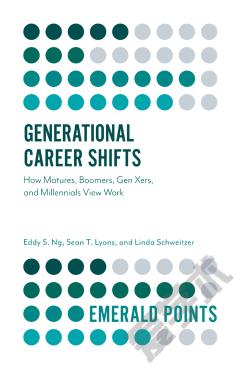

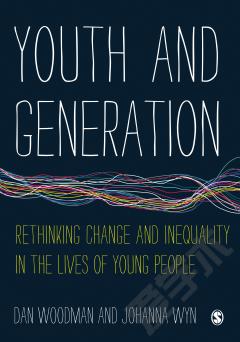
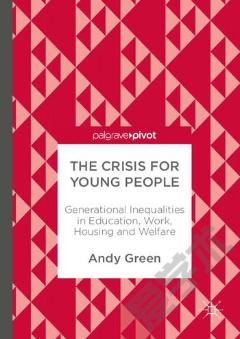
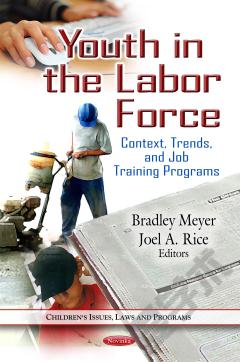
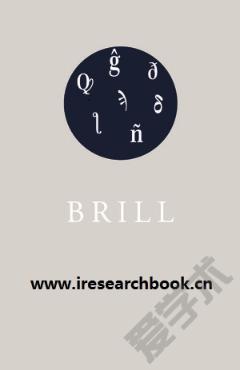
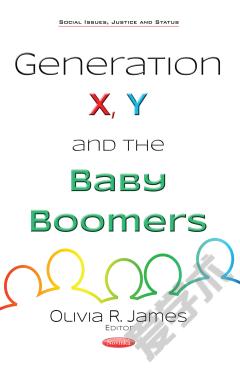

 京公网安备 11010802027623号
京公网安备 11010802027623号